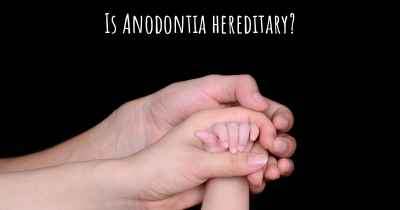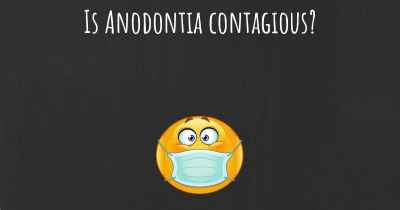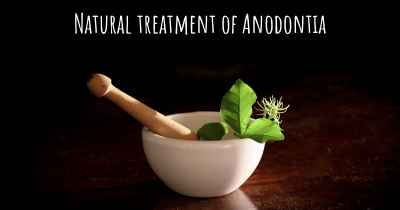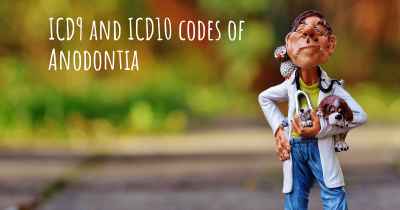What are the best treatments for Anodontia?
See the best treatments for Anodontia here

Treatments for Anodontia
Anodontia is a rare genetic disorder characterized by the complete absence of teeth. It can significantly impact a person's ability to chew, speak, and smile, leading to functional and aesthetic concerns. While there is no cure for anodontia, several treatment options can help individuals manage the condition and improve their quality of life.
Dental Prosthetics
Dental prosthetics are the most common and effective treatment for anodontia. They involve the use of artificial teeth to replace the missing ones. There are various types of dental prosthetics available:
- Dentures: Removable dentures are custom-made to fit the patient's mouth and replace the missing teeth. They can be partial dentures (replacing a few teeth) or complete dentures (replacing all teeth).
- Dental Bridges: Bridges are fixed prosthetic devices that are anchored to the adjacent natural teeth or dental implants. They bridge the gap created by the missing teeth.
- Dental Implants: Implants are titanium posts surgically placed into the jawbone, acting as artificial tooth roots. They provide a stable foundation for dental crowns or bridges.
Orthodontic Treatment
Orthodontic treatment may be necessary to correct any misalignment or malocclusion caused by anodontia. Braces or clear aligners can help align the remaining teeth properly, improving both function and aesthetics.
Speech Therapy
Individuals with anodontia may experience difficulties in speech due to the absence of teeth. Speech therapy can help them learn techniques to articulate sounds and improve their overall communication skills.
Psychological Support
Living with anodontia can have a significant impact on a person's self-esteem and body image. Psychological support from therapists or support groups can be beneficial in coping with the emotional challenges associated with the condition.
Regular Dental Care
Even with dental prosthetics, it is crucial for individuals with anodontia to maintain good oral hygiene. Regular dental check-ups, professional cleanings, and proper care of prosthetic devices are essential to prevent complications such as gum disease or infections.
It is important for individuals with anodontia to consult with a qualified dentist or prosthodontist who specializes in treating dental anomalies. They can assess the specific needs of the patient and recommend the most suitable treatment plan.








